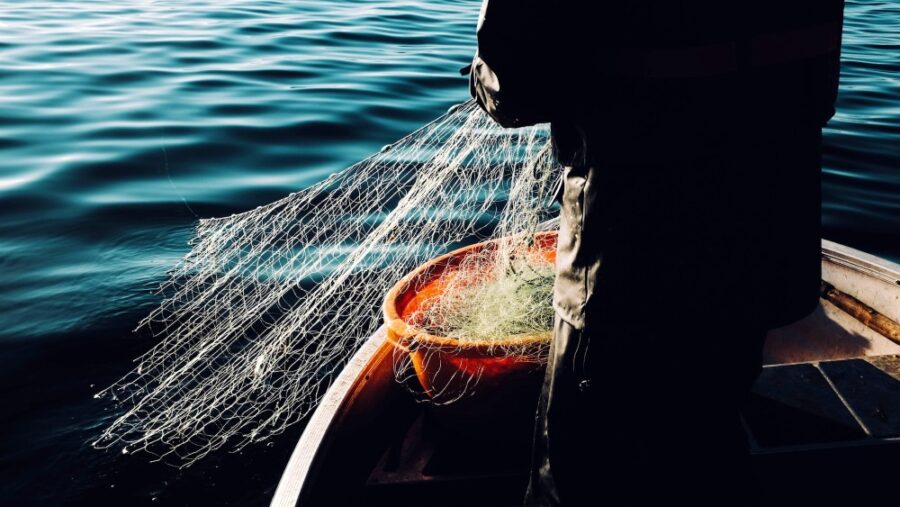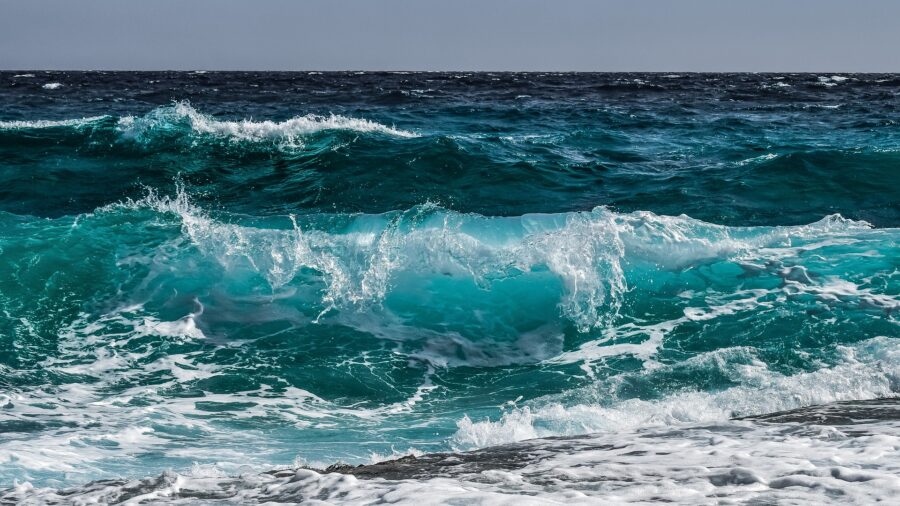Humans Cause Extinction Of Marine Fish For First Time In History

When it comes to our industrialized society, the biggest losers have always been the creatures all over the world who suffer and die from human activity. Sadly, such suffering and death have become all too common, but the Java Stingarees recently made history on this front in the worst possible way.
Java stingarees are officially extinct due to human activity, and a quarter of all freshwater fish are now endangered and at risk of extinction.
When the International Union for Conservation of Nature released its most recent Red List of Threatened Species update, it included some grim news: the Java Stingarees are now extinct, making them the first marine fish to face extinction because of human activity.
While they are the first such fish to face extinction due to human activity, they won’t be the last. Sadly, they are likely to have company very soon. 25 percent of freshwater fish species are at risk of going extinct, with 20 percent of those creatures affected very directly by climate change.
In order to better understand how much of the planet is at risk, you must first understand just how many creatures we are talking about.
Arguably, the most depressing thing about so many fish facing extinction is that this is an outcome that was very accurately predicted long ago
For example, it’s easy to think that there are only so many freshwater fish out there because they account for only one percent of the current aquatic habitat. But these freshwater fish are comprised of more than 50 percent of the known fish species on the entire planet. With so many of these fish facing extinction, the removal of even one of them has major ripple effects on the biodiversity of the planet as well as the larger ecosystem.
If you don’t understand how intimately everything is connected, it may be similarly easy to think the extinction of the Java Stingarees or any other species doesn’t really impact you in any meaningful way. But millions of people around the planet rely on fisheries and billions more rely on the freshwater ecosystems of these endangered animals.
So many fish are at risk, and the extinction of something like the Atlantic Salmon (yet another endangered species) could have a catastrophic effect on both the ecosystem and the economy.

Arguably, the most depressing thing about so many fish facing extinction is that this is an outcome that was very accurately predicted long ago. Previous research discovered that unless we do something about climate change, our warming oceans could lead to extinction-level events on the scale of what killed the dinosaurs by the year 2100. That may seem like a long way off, but the current level of mass fish extinctions around the globe shows that we are bleakly on track to irreparably damage the planet.
While they are the first such fish to face extinction due to human activity, they won’t be the last.
It can be difficult to maintain hope while knowing just how many fish are facing extinction due to human activity, but there is still hope that we can turn things around. The EU, for example, has considered implementing the Nature Restoration Law and restoring nearly 16,000 miles of rivers so that salmon and other fish can thrive.
Similar legislation in America and around the world could help us fight back against the destruction of climate change and create a better world for our children and grandchildren.
Otherwise, consider the alternative: we could very well be heading toward a future of scarce resources where wealthy people like Mark Zuckerberg discover exactly how safe their doomsday bunkers really are.












